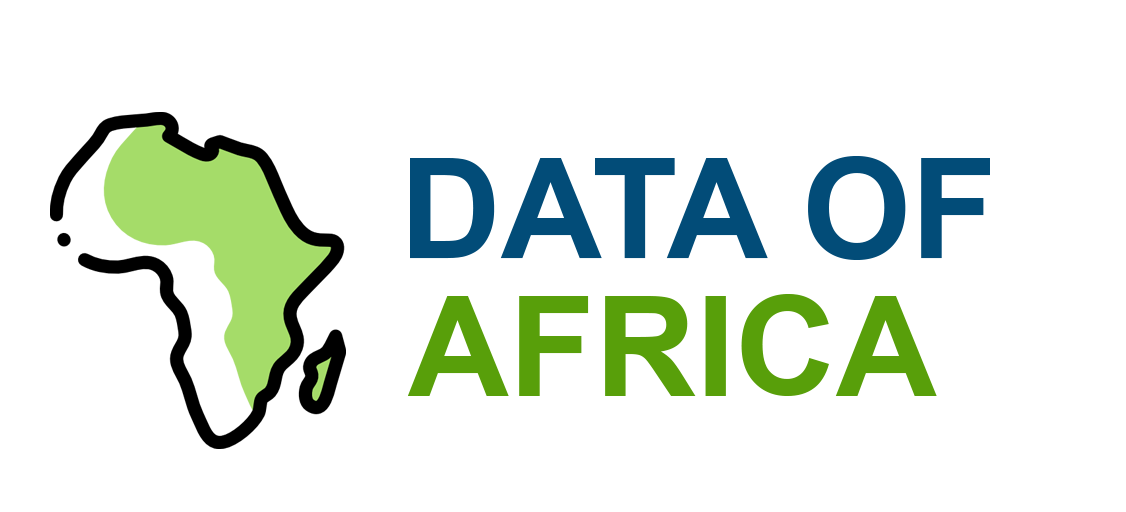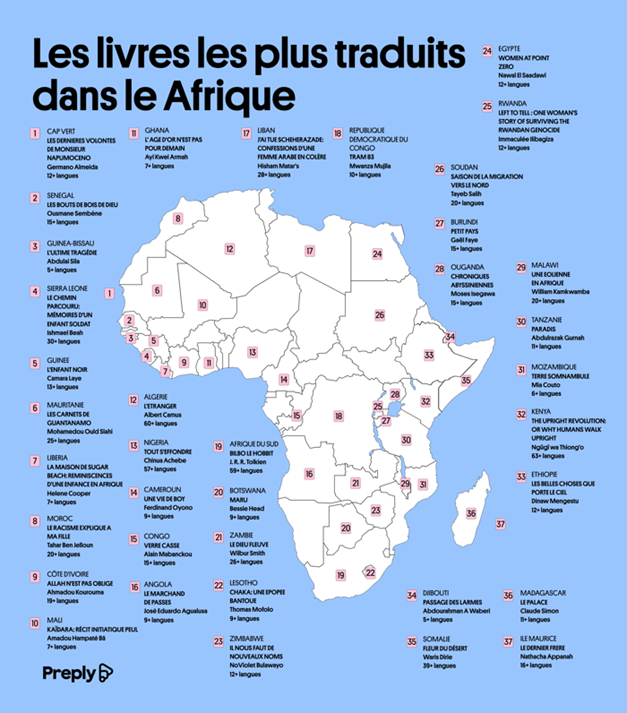In typical African cultures, speech is considered to have a power that allows one to act on the maintenance or disruption of world harmony. There is therefore a high level of respect for oral communication, particularly oral traditions passed down through one’s elders. In societies with unwritten languages, orality is therefore a fundamental cultural element, particularly for educational.
African oral narrative takes two main forms: epics and tales. Epics give a more or less historical account of founding heroes, as in the Epic of Soundiata and that of Silâmaka and Poullôri, or relate the founding myth of a people, as in the Mvett legend of the origins of the Fang people. Tales, for their part, convey a moral and a system of values. Both emphasize the weight of actions but also of words that can change the world for good or evil. Epics and tales are most often sung.
Some stories were recorded in writing quite early, as early as 1828, and were first examined from the perspective of ethnology (the text considered as a “reflection of culture”) and linguistics (phonology, linguistic commentaries).
It was not until around the 1970s that critical studies, in the sense of “literary criticism,” of works (stylistic, etc.) appeared. An important work on the subject, Oral Literature in Africa by Ruth Finnegan, appeared in 1970. This evolution in the view of oral literature occurred at a time when black African literature, written in the language of the colonizer, began to gain visibility. Examples, from the French-speaking cultural area, include Léopold Sédar Senghor, Mongo Beti, Ferdinand Oyono, Ousmane Sembène (Senegal), and Guillaume Oyônô Mbia. Some authors, such as Léopold Sédar Senghor, explicitly declared themselves heirs to African oral culture and, in particular, to its poetry.
Other literary figures include Bessie Head (South Africa/Botswana), Lília Momplé (Mozambique), Grace Ogot (Kenya), Ama Ata Aidoo and Amma Darko (Ghana), Amadou Hampâté Bâ, Francis Bebey (Cameroon), Mongo Beti (Cameroon), Mia Couto (Mozambique), Emmanuel Dongala (People’s Republic of Congo), Nuruddin Farah (Somalia), Ben Okri (Nigeria), Waris Dirie (Somalia), and Damon Galgut (South Africa).
Senegalese Mariama Bâ is the first French-speaking African novelist to describe the place of women in her society in her book So Long a Letter.
Literature, which began to emerge before independence, initially presented a protest aspect against colonizers. After political emancipation, from the 1960s, it dealt with the internal difficulties of the new States, in particular the criticism of dictators. But the 21st century, for its part, saw authors declare that they wanted to free themselves from their African identities and claim a purely literary artistic identity.
In 2016, Africa had three Nobel Prize winners in Literature: Wole Soyinka, 1986, Nigerian, English-speaking; Naguib Mahfouz, 1988, Egyptian, Arabic-speaking; Nadine Gordimer, 1991, South African, English-speaking. J.M. Coetzee, an English-speaker originally from South Africa, became a naturalized Australian in 2006 and received the Nobel Prize in 2003.
For more information :
- https://fr.wikipedia.org/wiki/Portail:Afrique
- https://en.wikipedia.org/wiki/Africa
- https://africacenter.org/
- https://journals.openedition.org/etudesafricaines/
- https://etudes-africaines.cnrs.fr/
- https://journals.openedition.org/etudesafricaines/
- https://www.afdb.org/fr/documents-publications/economic-perspectives-en-afrique-2024

